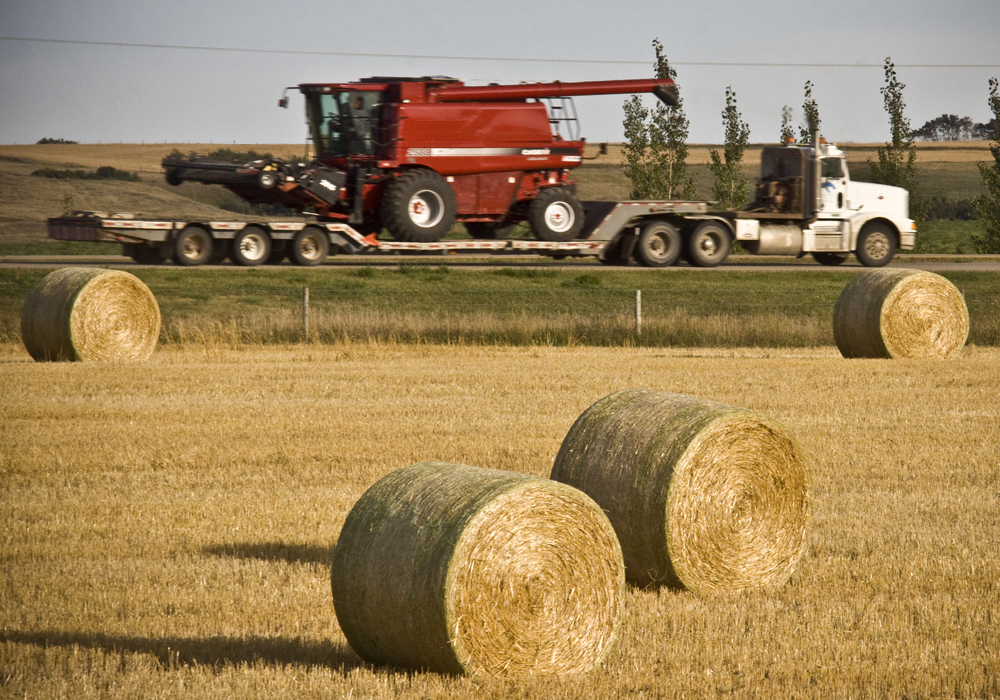Manitoba Farmers Raise Concerns Over Trucking Training Regulations
Farmers in Manitoba are expressing the same worries about truck driver training rules that have recently emerged from Alberta and Saskatchewan.
During the Keystone Agricultural Producers annual meeting, several farmers voiced their concerns that some proposed training regulations could hinder their ability to acquire Class 1 licences. Edward Maendel highlighted the unfairness of requiring farmers to attend formal driving schools, noting that his Hutterite colony employs a truck-driving trainer with decades of experience.
Impact of New Regulations
In response to the tragic Humboldt Broncos bus accident involving a tractor-trailer on April 6 of last year, provincial governments across Western Canada have decided to strengthen trucking regulations. Many attribute inadequate driver training and professionalism as factors contributing to the incident, which resulted in 16 fatalities and 13 injuries.
However, farmers are increasingly concerned about being subject to stringent training requirements designed for professional drivers. Many are anxious about the high costs—estimated at $8,000—and substantial time commitment—approximately 120 hours—needed to obtain a trucking licence.
Challenges for Farmers
Carter McKinney pointed out that such demands are impractical for farmers who would struggle to take six weeks off for training. Compounding the issue, many younger farmers hold off-farm jobs to sustain their livelihoods, and it is unlikely their employers would grant them the time off needed for this training.
In response, delegates at KAP debated and passed a motion advocating for Manitoba to align its regulations with those in Saskatchewan, which offers exemptions for farmers regarding certain new driving regulations.
Need for Agricultural-Focused Training
Todd Lewis, president of the Agricultural Producers Association of Saskatchewan, emphasized the need for training that is relevant to agriculture, stating that while everyone supports safety training, it should be appropriate for the agricultural context.


